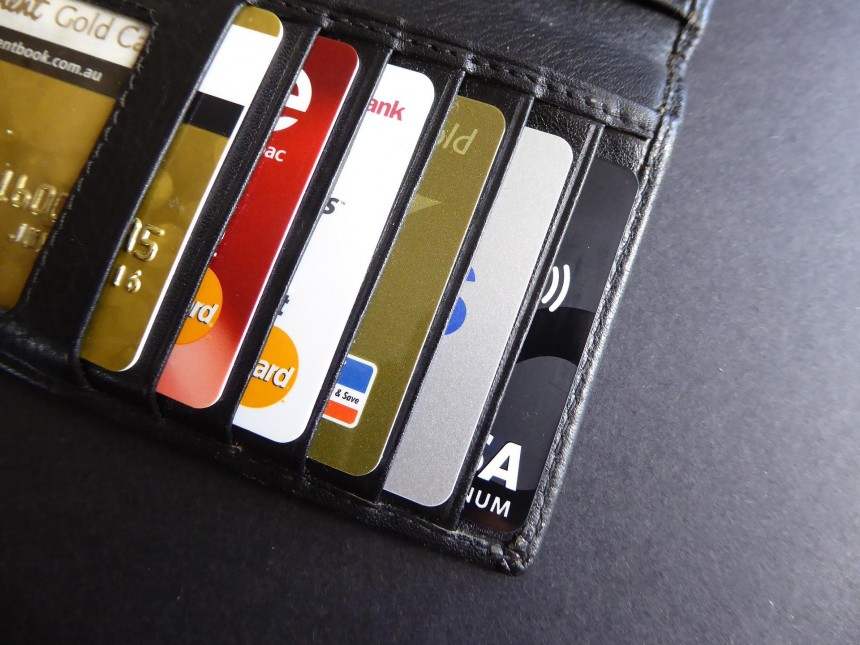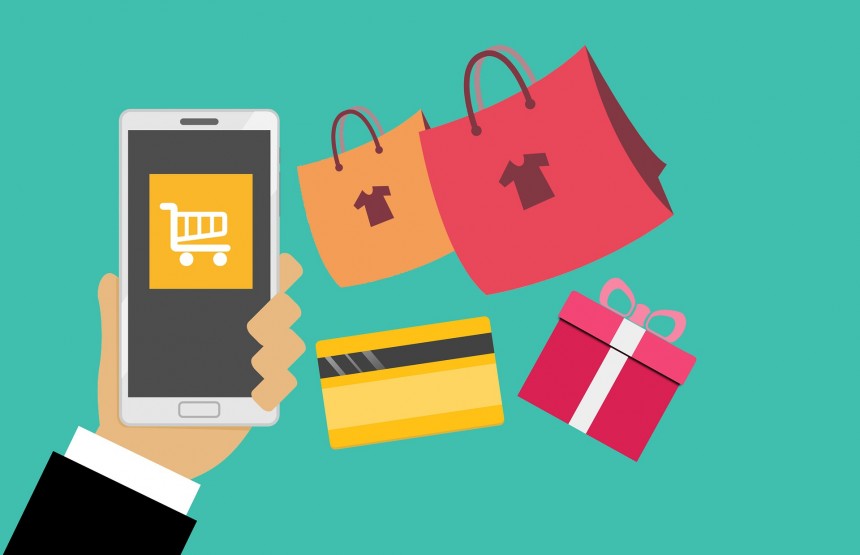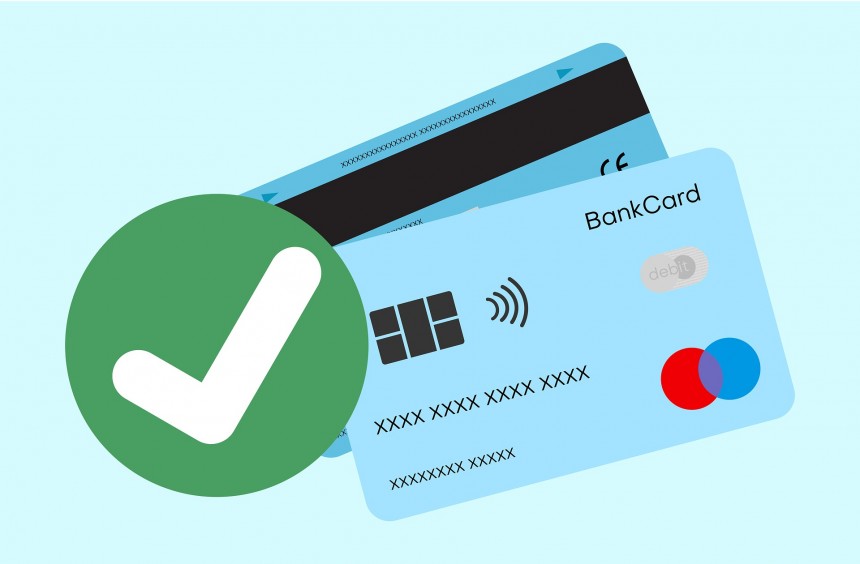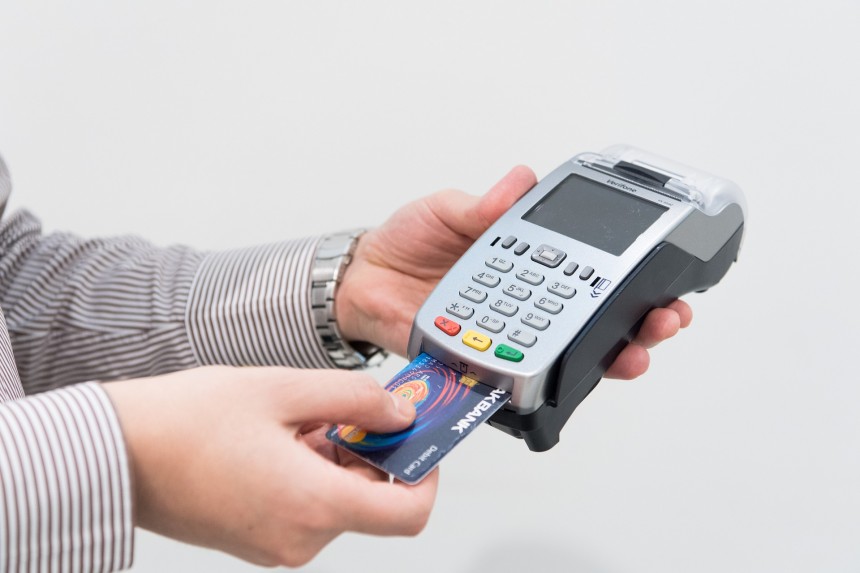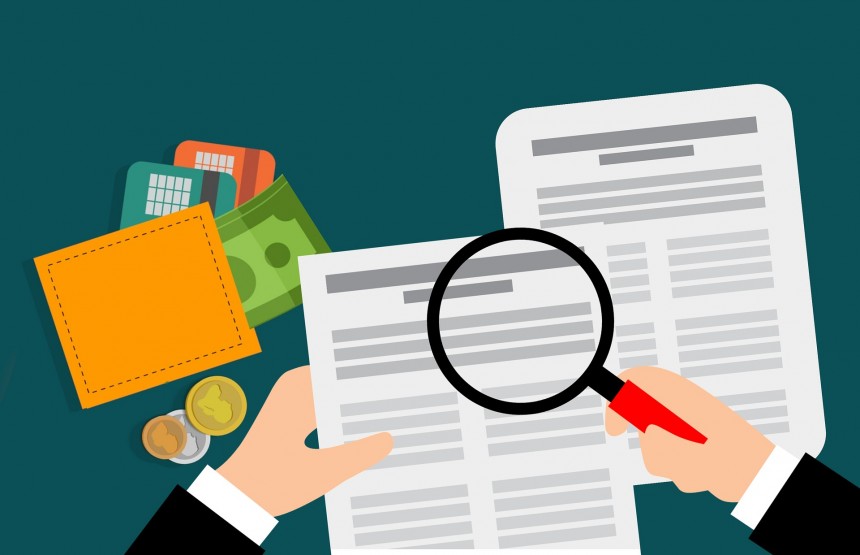
10 Things You Need To Know Before Obtaining A Credit Card
10 Things You Need To Know Before Obtaining A Credit Card
A credit card is an essential financial tool given to a person by a financial institution, e.g. bank, enabling him to pay for services rendered or goods on credit based on his credit history. Every person who has attained legal age has the right to own and use a credit card, but it should also be put into use responsibly. A determination factor on a person getting a credit card in Canada in 2021 is the person’s credit score and credit history. An individual credit score is determined by two bureaus, namely Tan Union and Equifax. Getting higher numbers to choose a better credit score with credit numbers ranging from 300 to 900. With this in mind, it’s vital to ensure you have a perfect credit history, buy paying for goods or services on time, servicing your loans without fail as actions like this can even increase the number of credit scores one can get.
A disadvantage to foreigners is that it’s difficult for them to acquire credit cards in Canada as foreign credit history does not count. Even with a perfect score in a foreign country, it’s hard to purchase a credit card as credit institutions in Canada do not recognize foreign credit scores. However, all is not lost as foreigners have ways to build up their credit scores from nothing to the point where they can be issued with credit cards in 2021.
You can use your card to build your Canadian credit score from a different country where your bank allows you to account when moving to Canada.
These are ten things you need to know before obtaining a credit card in Canada in 2021:
Institutions issuing credit cards do checks each time an individual applies for one, an action that can impact your credit score negatively when repeatedly done.
An individual can take short-term loans from a bank where he has an account, leading to excellent credit scores if the loans are paid in good time. Even though this is a costly move, it can help in making positive credit score reports that will, in turn, allow you to apply for an unsecured type of credit card.
When considering going for a secured credit card, one should know that it’s not a typical kind of credit card as one needs some security from the issuer bank to get the offers on the credit limit. The required type of security can be in the form of possessions or cash deposits that can be taken as payment if one fails to repay the credit within the stipulated time frame.
Another type of credit card to consider is a retail credit card, a kind of unsecured credit card offered by retail outlets and financial businesses offered as incentives or a way of buying customer loyalty. Here Points can be awarded in exchange for goods. This card is easy to be acquired as compared to the credit card offered by banks. It’s important to know that, even though retail credit cards are regarded as easy to be accepted than regular bank credit cards, they are given very high-interest rates that can result in substantial penalty payments if not paid within a stipulated time. Higher interest is damaging as it will lead to more interest paid on any outstanding balance. To save money in the long run, it’s prudent to go for a card with a lower interest rate.
A joint credit card is also an option of consideration. It offers a cardholder an unsecured credit card with a Canadian's help with good credit history as a cozy. The disadvantage is that the cosigner is allowed to use the card at any given time, leading to debt accumulation that the original applicant will have to offset. A cosigner can be a family member, friend, business partner etc., with good credit history.
Before opting for a card based on its reward programs or the benefit it offers, it’s essential to look closely as some of the value of the rewards may be reduced by the interest you pay every month. The card's annual fee may be more than the value of the rewards and benefits offered.
Estimate the value of a card before settling on one. This can be done by estimating the potential sum of the rewards and benefits in a year and then subtracting the annual fee charged.
Issuers of a credit card must advise you before adding fees or introducing new fees, as they are financial institutions regulated federally.
Attention to details should be vital while reading the terms and conditions of a given credit card.
Determine your credit needs. Credit users who carry balance month after month then pay it over time should consider lower interest rate cards as paying interest on balance held forward may result in charges accumulating to huge debts when interest rates are higher.
Knowing the things mentioned above might help get into the acquisition of an appropriate Credit card in Canada in 2021, based on one needs. Payment is made convenient through the use of credit cards. Using credit cards is also the fastest way of achieving a positive credit history. Avoid habits that may eventually affect your credit score, like excessively applying for many credit cards in a short time. Cardholders should take advantage of the interest-free grace periods to make essential purchases.
A credit card can be cancelled at any given time by calling the institution that issued it to you and requesting them to counsel it. However, this can be detrimental to your credit history if the card has been in use for a long time, as its credit score will be affected by the cancellation. It’s for this reason that credit card cancellation is not recommended. Having a credit card comes with lots of benefits like getting the money instantly for purchases, establishing a credit history, leading to a good credit score and avoiding losing money to robberies as you pay with the card. On the negative side of having a credit card is that one can build huge debts that will be difficult to offset, and also, it can damage your credit score if you pay late frequently. Having a credit card is a good move if used responsibly.

